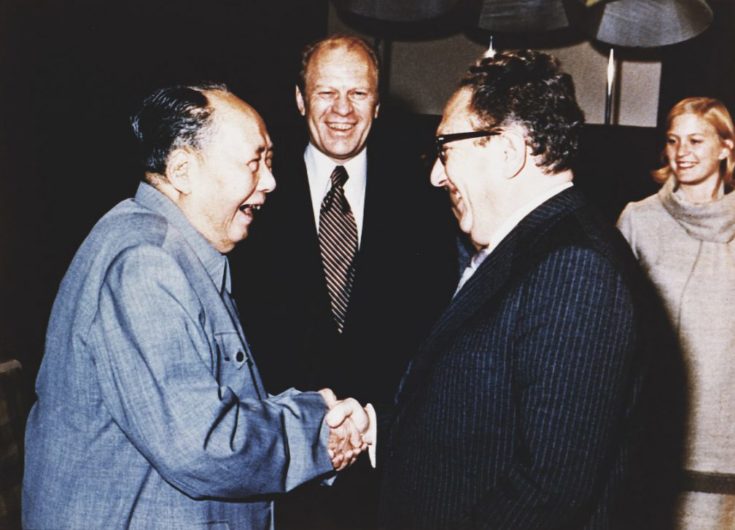

Kissinger and China
Ten years after publication of Kissinger's On China, the reader is invited to assess Kissinger’s judgment in light of such events as the unwinding of the global financial crisis and increased Chinese assertiveness, the shift in American foreign policy towards a great power competition framework, and Covid-19. His book appeared shortly before Graham Allison’s influential and controversial work on the Thucydides trap. I extrapolated from his argument at the time — perhaps inaccurately, but worthy of consideration — that Kissinger concluded the rise of China towards its historic position as the Middle Kingdom, if accommodated properly to a globalized world, is more or less inevitable and, rightly understood, desirable.

